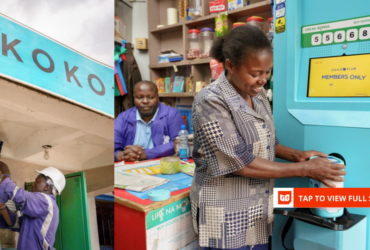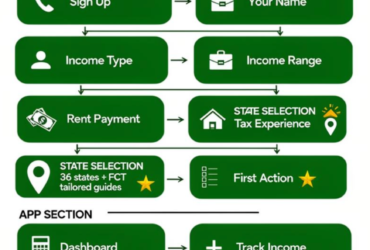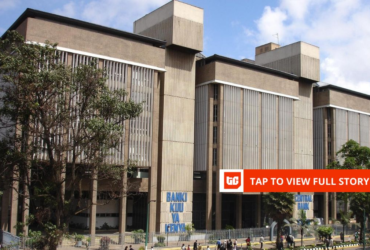Solving Africa’s cross-border payment challenge will not just be done with technology, but with regulation, ownership, and collaboration according to a panel session at Moonshot by TechCabal which explored how fintechs and regulators can make payments within Africa as easy as sending a text.
“It’s not a straightforward process to move money across the continent,” said Malaika Majekodunmi, VP of Global Payment Services at Fincra. She explained that African currencies are pegged to the dollar, which means money is often converted multiple times before reaching another African country. For instance, moving funds from Nigeria to South Africa might require converting naira to dollars, then dollars to rand, an approach that slows transactions and adds cost.
Africa has some of the highest remittance costs in the world, averaging around 8% per transaction, almost double the global average according to World Bank data. This high transaction cost has created a pressing need for faster, cheaper systemsespecially as the continent’s digital economy grows.
Charles Idem, CCO of Startbutton, added that while technology is improving, regulation still lags. “It’s a bit of both, but it leans more on the regulatory side,” he said. He acknowledged that regulators are making progress, but stressed that national interests and politics often slow regional integration.
Emmanuel Ojo, CEO of Redtech, agreed and emphasised that Africa’s GDP, currently $2.9 trillion, relies heavily on trade, investment, and consumer spending. For these to grow, he said, Africa must encourage intra-continental trade and eventually build a framework for seamless payments.
Malaika, however, believes that a single African currency may not be the solution. “We don’t need to take away the sovereignty of nations to solve cross-border payments,” she said. Instead, she called for a compliance-first approach, in which fintechs and regulators collaborate to build secure systems that enable money to move more freely.
At Fincra, Malaika said they are already building this foundation by working with banks, telecom networks, and payment switches to create infrastructure that meets regulatory standards. Redtech, according to Emmanuel, processed over ₦12 trillion in payment transactions and focuses on complementing existing systems, while Startbutton helps businesses collect payments in local currencies as they expand across Africa.
The session ended with the speakers agreeing that a borderless Africa where payments move as easily as messages on WhatsApp is possible, and that while technology will get us there faster, it will take regulation, trust, and shared commitment to make it truly work.














Leave a Reply